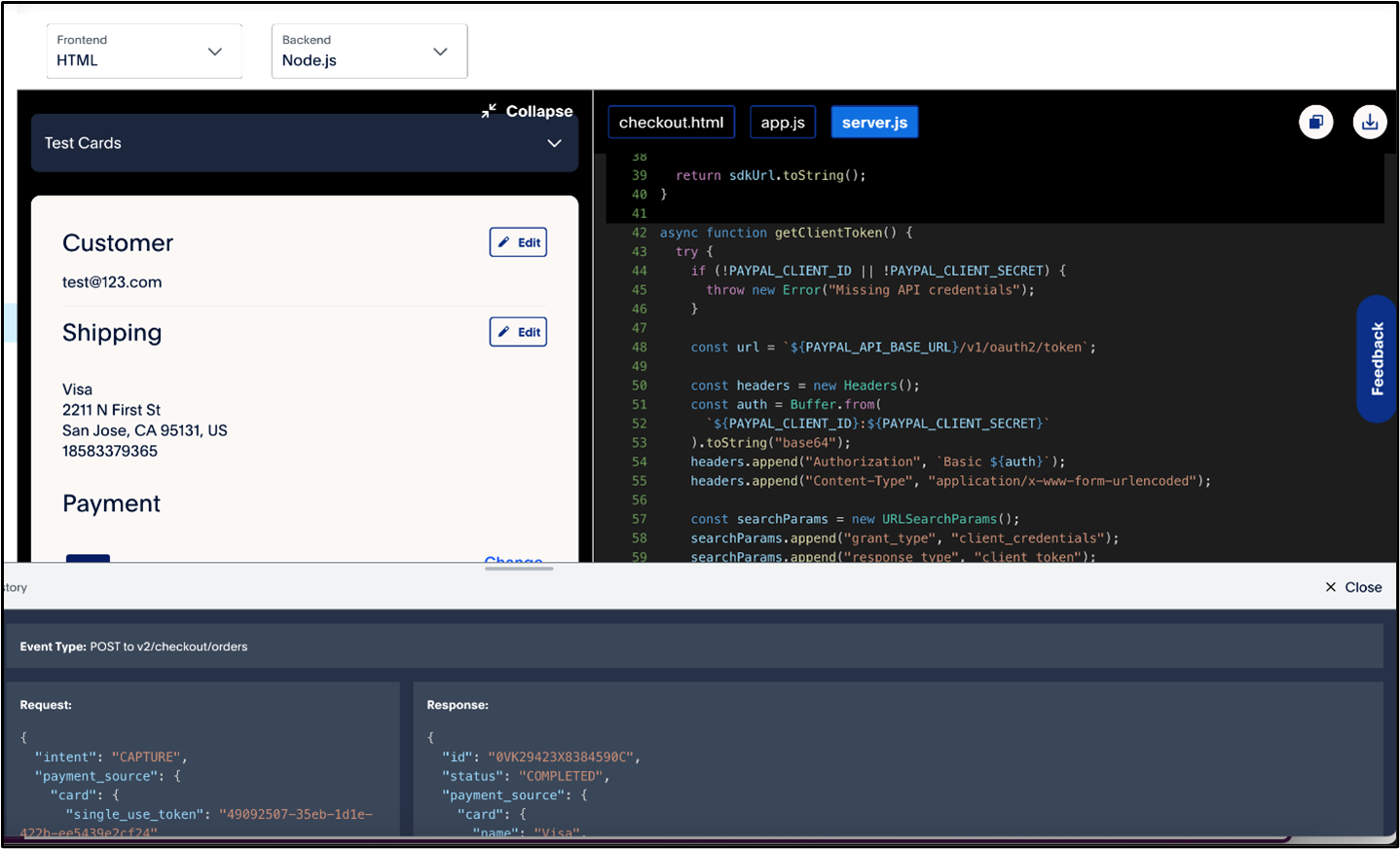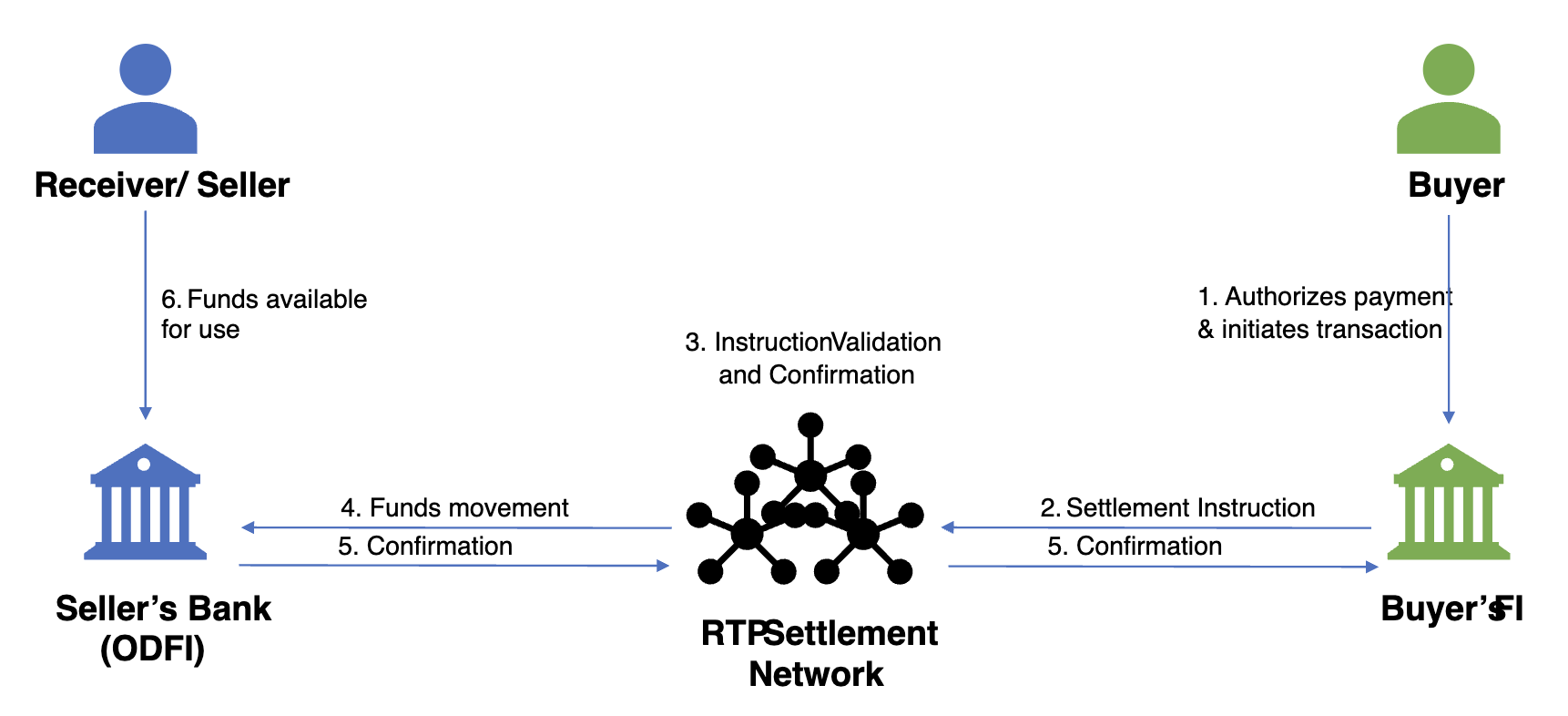PayPal’s AI Summit 2025: Embracing “AI Native” and Redefining the Future
Jul 25, 2025
7 min read

In an era where artificial intelligence (AI) is rapidly transforming industries, PayPal has decisively embraced the challenge of being at the forefront of the revolution.
On July 16-17, 2025, PayPal hosted its first-ever AI Summit, gathering thought leaders, innovators, and employees from diverse backgrounds to explore the future of AI integration within the organization. Over two days, discussions, demos, and insights laid the foundation for PayPal’s journey to becoming an "AI Native" company.
PayPal is an AI Native company, deeply integrating AI across operations to redefine workflows, empower innovation, and deliver transformative customer outcomes. Its initiatives, including secure agentic commerce and widespread employee access to AI tools, showcase a commitment to pioneering the future of commerce with AI.
From visionary ideas to tangible strategies, the summit reflected a bold commitment to reinvent workflows, processes, and business outcomes through AI.
Day 1: Being AI Native at PayPal
The narrative of the summit was set early on when PayPal CEO Alex Chriss proclaimed, “AI has arrived.” His address encapsulated the spirit of the event, urging employees to reimagine their roles and adopt an "AI Native" mindset. This wasn’t just about implementing AI tools; it was about revolutionizing how everyone, individuals, teams, and the company as a whole, thinks and works to improve customer experiences and drive meaningful business outcomes.
A cornerstone of fulfilling this vision lies in empowering employees with cutting-edge resources. CTO Srini Venkatesan announced significant investments to provide PayPal employees widespread access to AI tools such as Perplexity, ChatGPT, and Claude. This move stands as a testament to PayPal’s intention to foster "unconstrained thinking," encouraging experimentation and the free exploration of AI technologies within the organization.
One of the highlights of day one was a live demonstration that truly captured the transformative power of AI. A developer created a functional e-commerce website, with PayPal integration, in just 20 minutes using AI tools. This breathtaking display emphasized how AI could exponentially speed up workflows, allowing the company and its employees to focus more on innovation rather than routine tasks.
Prakhar Mehrotra, PayPal’s Head of AI, delivered an impassioned call to action for employees to embrace AI not just as passive consumers but as active contributors, builders, and experimenters. His sentiment echoed across the summit: AI’s power only materializes when paired with human creativity, initiative, and vision.
The summit also attracted notable guest speakers, including Eli Collins from Google DeepMind, whose insights underscored the importance of rethinking workflows entirely to leverage AI’s transformative potential. Jeremiah Lowin, CEO of Fast MCP, shared a profound perspective on designing for AI agents as a new type of customer, challenging PayPal employees to innovate for a world where humans aren’t the sole users of digital products. These talks helped broaden the horizons of what AI adoption could look like in every corner of the organization.
Day one concluded with a collective acknowledgment of the fast-paced innovation brought by AI technology. Employees were urged to adopt a culture of experimentation and adaptability, embracing failures as stepping stones toward breakthroughs. As the first day came to a close, the vision for PayPal’s future became clear: one fueled by AI, collaboration, and a willingness to rethink everything.
Day 2: Turning Ideas into Action
The momentum of day one carried seamlessly into day two, which focused on moving beyond AI exploration into practical implementation strategies. Leading the charge was Allie K. Miller, who candidly asserted that most companies are still improvising when it comes to AI. Her keynote challenged PayPal to rise above the experimentation phase and develop a coherent playbook for AI integration, showing employees how to effectively move from ideas to impact.
One of the critical messages of the day was the importance of empowering employees to learn from their mistakes. Experimentation, while vital, was framed as just one piece of the puzzle. The ability to analyze the causes and effects of failed AI experiments and iterate smarter solutions is what separates successful organizations from the rest. PayPal encouraged its workforce to embrace such learning opportunities as a way to adapt to the ever-evolving AI landscape in real time.
Microsoft’s Aarti Borkar presented a compelling approach to experimentation with safety at its core. She emphasized the importance of creating robust guardrails to ensure responsible innovation, a crucial consideration as PayPal integrates AI into services that touch millions of customers globally.
The takeaway? Experimentation without foresight isn’t true innovation; only by prioritizing safety can trust, adoption, and sustainability be achieved.
NVIDIA’s Rama Akkiraju provided practical implementation strategies, sharing lessons from their own success in cultivating AI adoption. Akkiraju outlined NVIDIA’s strategy of prioritizing flagship AI projects that generate widespread excitement and visibility, creating a “snowball effect” that leads to broader adoption. PayPal internalized this lesson, recognizing the value of focusing on projects that demonstrate AI’s capacity to drive immediate, tangible results.
A particular highlight of day two was the energy and creativity showcased during PayPal’s internal AI hackathons. Employees collaboratively explored AI possibilities, developing innovative solutions that could transform customer experiences and streamline organizational processes. These hackathons were a testament to PayPal’s abundant internal talent and the company’s commitment to empowering employees to push the boundaries of AI experimentation.
PayPal’s newly launched "AI Central" platform and employee access to various AI tools further embodied the summit’s actionable goals. These resources weren’t just distributed for passive consumption—they came with the mandate for employees to continuously experiment, learn, and build new solutions driven by AI. The summit attendees were reminded that success would require bold experimentation, trust in their own talent, and a willingness to let go of outdated processes in favor of smarter, AI-powered designs.
Day two concluded with a reaffirmation of key themes: redefining workflows, balancing innovation with safety, and trusting internal talent to lead transformation. PayPal employees left the summit equipped with the tools, inspiration, and energy to chart new paths in the journey toward becoming an AI-driven organization.
Redefining the Future with AI
PayPal’s AI Summit 2025 wasn’t just an event; it was a call to action. Over two invigorating days, the summit provided a blueprint for embedding AI into the company’s DNA, challenging employees to think beyond traditional boundaries to deliver exceptional, customer-focused solutions.
In a world increasingly shaped by AI innovation, PayPal’s clear stance is that success hinges on an “AI Native” mindset driven by experimentation, collaboration, and insightful implementation. By investing in resources, prioritizing safety, and trusting its employees to lead the charge, PayPal has positioned itself as a bold innovator in the AI space.
As the summit reinforced, leveraging AI isn’t about incremental improvement, it’s about redefining what’s possible in the quest to deliver better outcomes for customers, partners, and the company itself.
Learn more about PayPal’s AI innovations here.
Recommended

A Faster Guest Checkout: How to Integrate Fastlane by PayPal
8 min read

Exploring the Growth of Real Time Payment Systems
5 min read

Pay by Bank for E-Commerce | Using Bank Accounts to Make Purchases with SMBs [ACH]
5 min read
